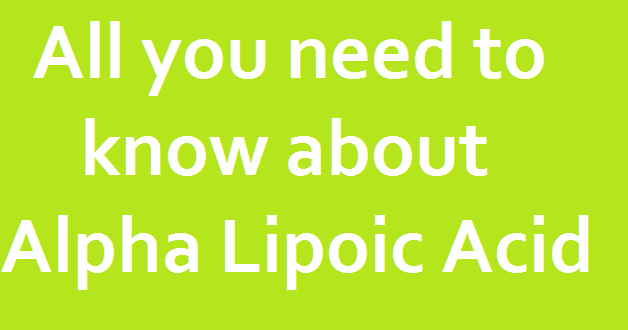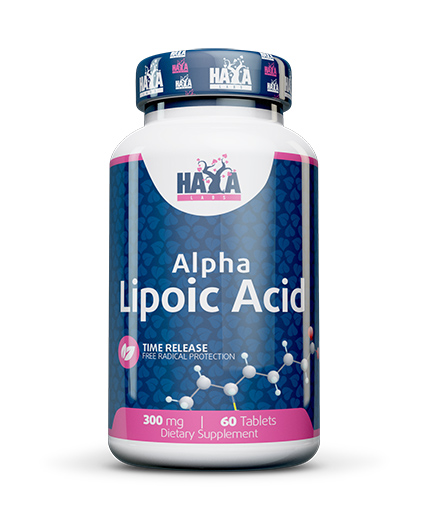
All you need to know about ALA
5
1701
Alpha-lipoic acid (also known as ALA) is a synthetic version of lipoic acid, a naturally occurring compound produced in the body and synthesized by both plants and animals. This antioxidant , alpha-lipoic acid, is vital to cellular energy production and helps to neutralize the damage caused by free radicals. Free radicals are chemical byproducts produced during the process of oxidation that converts nutrients to cellular energy. As they oxidize, these compounds can become highly reactive and harmful to the cell, distorting its vital components and reducing its metabolic efficiency. While the body can naturally manufacture enough alpha-lipoic acid for metabolic functions, supplementing can allow more optimal levels to circulate in a free state.

Why is alpha-lipoic acid necessary?
As a dietary supplement, alpha lipoic acid benefits appear to include helping increase insulin sensitivity, and may be especially useful in addressing metabolic syndrome. In addition, alpha-lipoic acid works with other antioxidants to help neutralize free radicals and reduce cellular damage. Alpha-lipoic acid also acts as a synergist with B vitamins to help in the production of energy from the proteins, carbohydrates, and fats consumed through foods. Researchers have investigated the use of alpha-lipoic acid in the treatment of diabetic neuropathy, liver ailments, and glaucoma.
read more

What are the signs of an alpha-lipoic acid deficiency?
Because lipoic acid works synergistically with many other nutrients, deficiency symptoms for this substance alone are difficult to characterize or diagnose. A true deficiency can mimic the general symptoms of inadequate antioxidant activity, including weakened immune function, decreased muscle mass and memory problems.
How much, and what kind of alpha-lipoic acid, does an adult need?

Currently, there are no established daily doses for supplementation. However, oral alpha-lipoic acid is reported to be well tolerated in doses up to 600 milligrams per day, and 200-300 mg a day is frequently used in Europe as a therapeutic adjunct in treating diabetic neuropathy. As a general antioxidant, a dosage of 20 to 50 mg daily is commonly recommended.
How do you get enough alpha-lipoic acid from foods?
Lipoic acid is present in both plants and animals and is an integral component of the photosynthetic process of chloroplasts. Very small quantities of lipoic acid are contained in food sources such as spinach.

Are there any risks associated with too much alpha-lipoic acid?
Alpha-lipoic acid is very safe at commonly recommended dosages. The Physicians Desk Reference reports no known contraindications and no reports of overdosage.
.




